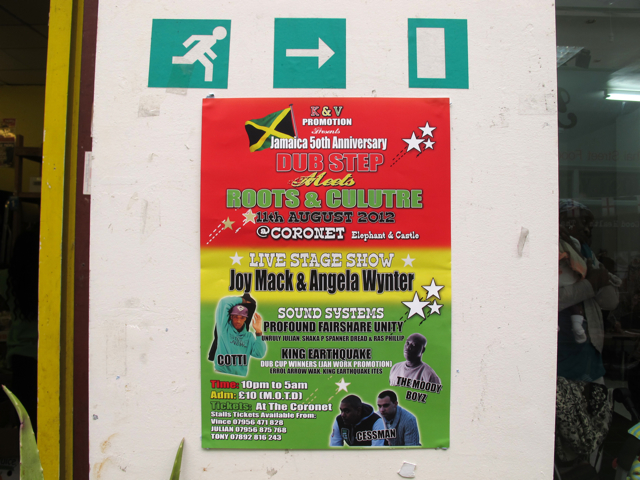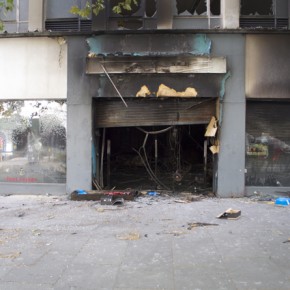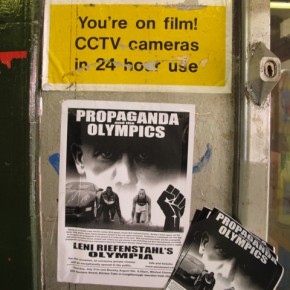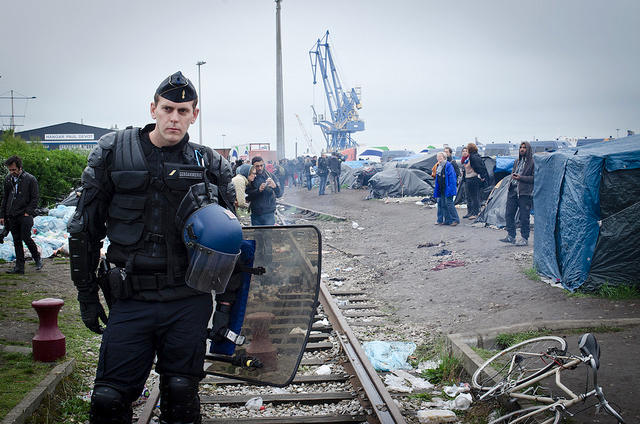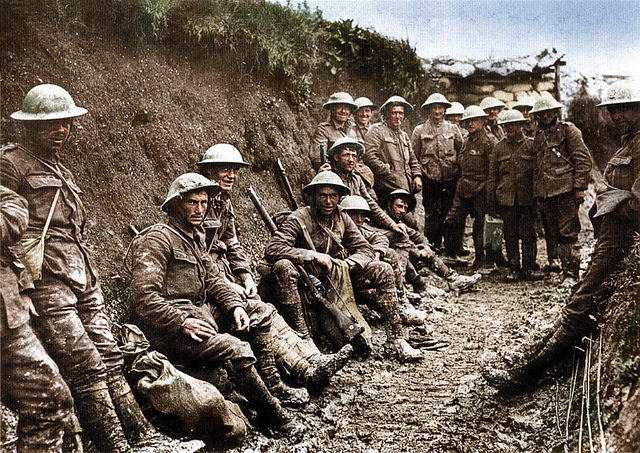Alongside the Olympics, London is currently bursting with activity celebrating the 50th anniversary of Jamaican independence. The all-star mega-big Respect Jamaica 50th Festival enters its second week at the nearby Indigo2, sporting a roster that includes everyone from Jimmy Cliff and U-Roy to Maxi Priest and Shaggy. But it pays to keep an eye out for more local parties, including this “Dub Step to Roots and Culture” night in the city centre.
The lineup for this show represents a cross-section of the city’s post-reggae subgenre scenes, which makes it a distinctly South London salute to the anniversary. Both Profound Fairshare Unity (featuring the Unruly Julian listed as ticket seller on the poster’s bottom left) and Earl Arawak’s King Earthquake originated in London’s tumultuous late-‘70s/early-‘80s underground music scene, a milieu that helped distinguish the city’s sound systems from their Kingston forbearers.
Branching out from that sound system root, the meat of the gig features producer-artists who represent a broad view of Britain’s reggae-influenced electronic music subgenres that have landed in dubstep. New generation types like Brixton’s Cotti and Croydon’s Cessman got there via grime and garage respectively. On the other hand, the veteran producer Tony Thorpe—representing as Moody Boyz, and also seemingly selling tix at lower left—made his journey to the ‘step via ‘90s house/techno-era classics like “Destination Africa” and his hit remixes of the KLF’s “3 a.m. Eternal”, “What Time Is Love?” and “Last Train to Trancentral.”
Based partly on the live stage show, this night might be better titled “Dub Step Meets Roots & Lovers.” Although the ultra-romantic “lovers rock” subgenre wasn’t invented in England, it was deeply developed there, and Joy Mack and Angela Wynter are under-recognized practitioners. Wynter’s made her name with her Makeba-like stage presence more than she has on record, and is best known as a TV actor, both on the pioneering early-‘80s black British sitcom No Problem and the soap opera EastEnders. Mack established herself with her 1978 single “You Had Your Chance”–which hit number one on the UK Reggae charts—and funnily enough did a surprisingly wicked version of “The Way We Were.”
As British Afro-Caribbeans born in 1950s London, both Mack and Wynter represent the first of the “Windrush Generation.” That group is named after the Empire Windrush, the ship that brought the first post-WWII group of Jamaican immigrants in 1948, cementing London forever as a truly multicultural city.
If the modern hieroglyphics above the poster aren’t enough to get you through the door, this excellent line-up should be.
Commentary by Ron Nachmann. Photograph courtesy of Joel Schalit
